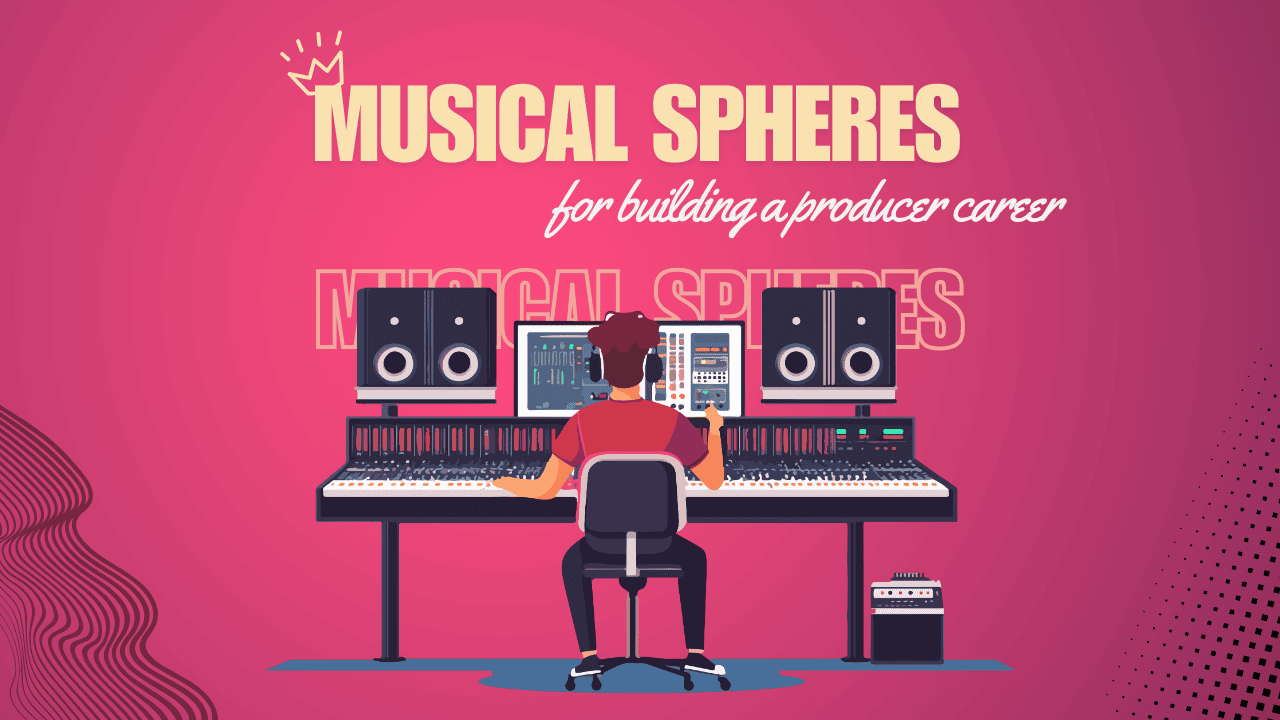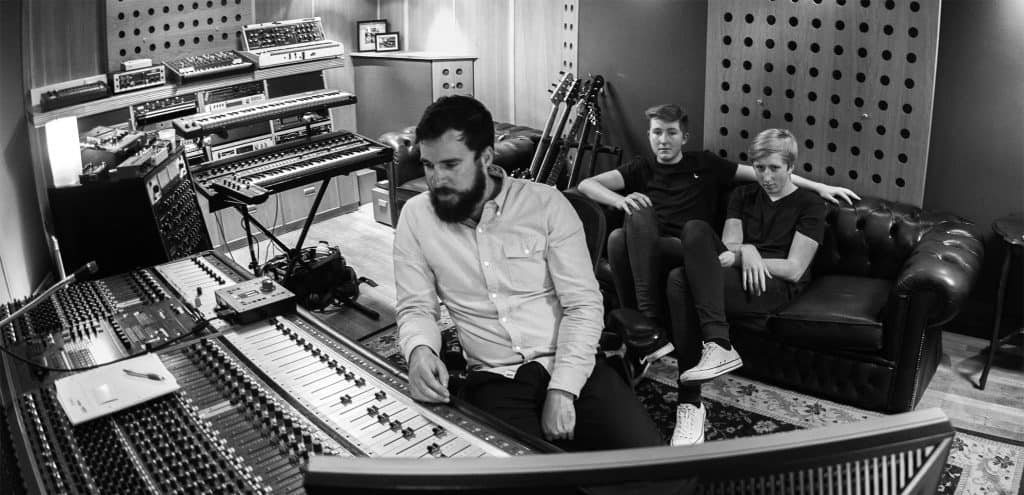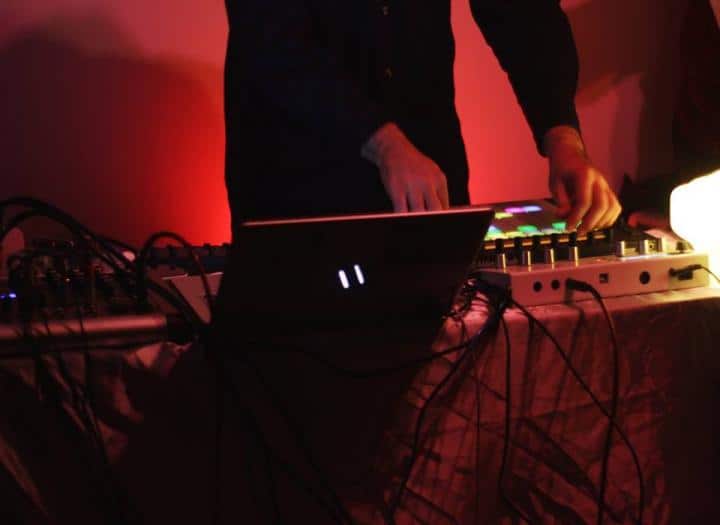There are several professions in the music production industry. So if music, technology and sound equipment make you feel special, you should consider pursuing a career in one of those areas. In this article, we are to have a look at popular directions and the kinds of development paths.
Are music producers self-employed?
As in many other fields, producers often work as outsourcing specialists hired by a studio and label or may work as freelancers. The more experienced ones are self-employed as independent producers, they have a lot of experience as they have worked with famous artists. More often, such producers are in the majority. Their earnings depend entirely on the amount of projects they conduct and their costs. Some well-known producers may charge over $ 100,000 to produce a single track.
Getting a job in a studio and gaining experience is a good point for your start to become a highly-paid producer. Let’s take a look at the directions you could choose to start your career in music production.
Record producer
We’ve all heard of the lead record producer. This important person is also known as a music or track producer. He is responsible for overseeing and managing the entire production and recording process, whether it’s a single song or an entire album.
His work includes gathering musical ideas for a project, helping to select cover versions or original material to be recorded, and hiring musicians. Also, they work closely with artists to improve their songs, lyrics, and arrangements in and out of the studio.
Ghost Producer
A Ghost Producer is a music creator specializing in electronic dance music (EDM). They sell their tracks for payment, transferring all ownership rights to the buyer while staying anonymous. Their name doesn’t appear in the credits or title of the track.
Audio technician
An important person to ensure excellent sound quality is an audio technician, also known as an engineer of audio, live sound, recording, vocals, and mastering. He works with producers and artists to define and create the sound desired.
The role of an audio technician involves handling the technical aspects of recording. This includes setting up sound equipment, editing, and mixing audio from different sources using mixing consoles. They also test and repair recording equipment, make copies in various formats, and store backups.
Audio technicians are also responsible for setting up audio devices, checking sound, and mixing audio (speech and music) at events outside the studio, such as concerts, theaters, sports arenas, lecture halls, and corporate events.
Recording studio manager
The studio manager primarily watches and manages the day-to-day operations of the recording studio. He could be the owner or co-owner of the company, or an employee hired specifically for the job. Though studio managers may not operate with necessarily advanced knowledge of the technical and artistic aspects of music, they must hire qualified engineers to handle studio equipment and have good relationships with producers, band agents, and artists. They also negotiate prices and promote the studio to potential clients interested in renting it for recording.
Sound producer/engineer
The role of the sound producer/engineer is to find and create recorded or live sound effects that will be used for a wide range of productions and multimedia performances. They carefully select and create everything like effects (such as explosions) and atmospheric effects (such as motion sounds).
Musical Instruments Specialist/Technician
An instrument technician’s job requires extensive knowledge of the using, maintenance and tuning of musical instruments and other equipment for studio recording, concert tours, and stage shows. They usually obtain certain specialties, earning them titles such as guitar technicians, bassists, keyboardists, or percussion technicians.
If you are considering becoming an instrument technician, you will have to know more than just being able to play the instruments. You must have strong practical skills, good communication skills to get along with others in the industry, and a particular understanding of electronic systems and software as you will have to work with it a lot while making music.
Mixing specialist
This person primarily manages the volume and sound quality during playback or recording, especially when using multiple microphones.
The job requires technical skills in operating audio mixing devices, each designed for different real-time audio adjustments. A mixing specialist is crucial in live music production, where there’s no chance to adjust the sound before it reaches the audience.
Broadcasting engineer
A broadcasting engineer is responsible for installing, operating, maintaining, and repairing broken audio equipment in radio stations. This is overtime work that requires you to be currently on duty, taking into consideration the fact that many radio stations operate several shifts around the clock. The skills required for the work of a broadcasting engineer consist of the ability to use broadcasting devices, including computer systems in radio rooms, and edit audio recordings.
Digital audio editor
Despite the fact that there is digital audio editing software, the music industry often requires a dedicated staff member to manage it. Thus, the job of a digital audio editor mainly includes digital audio editing: cutting, copying, stitching, mixing, cleaning, and adding effects.
Such responsibilities are sometimes included in an extended job description for an audio technician or sound engineer. However, some music production companies still hire dedicated digital sound editors who can focus on post-production while their sound engineer does his job during the recording process.
Conclusion
Of course, many responsibilities of a music producer can look too far from those you have imagined. But when you get a chance to receive necessary skills and work among experienced colleagues, you become a professional. Therefore in the future, you can work as an individual music producer who understands almost every little detail of the production at all stages.
Such an experience gives you an opportunity to place a high enough price tag for your work and collaborate with famous artists. Starting to work as an assistant in the studio, you can become an experienced specialist over time. If you love this area with all your body and soul, then keep calm, work hard, and constantly learn, and success will not take long.



